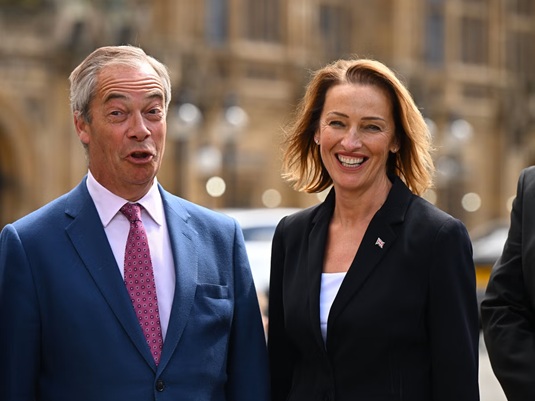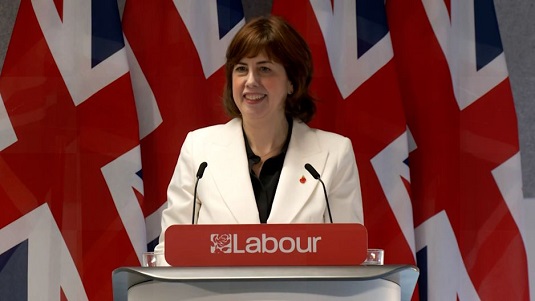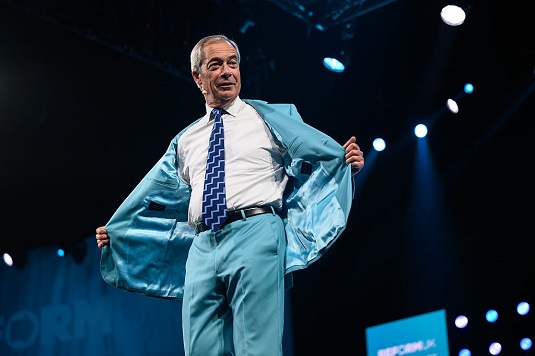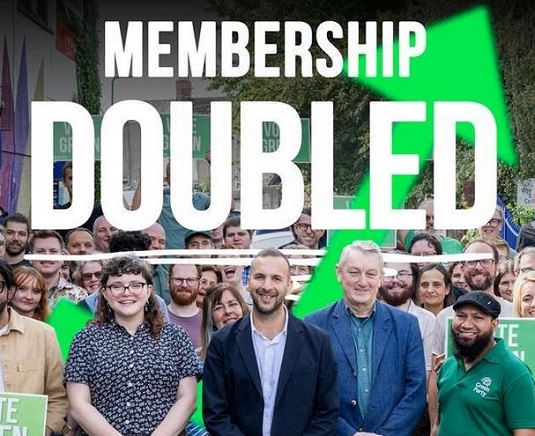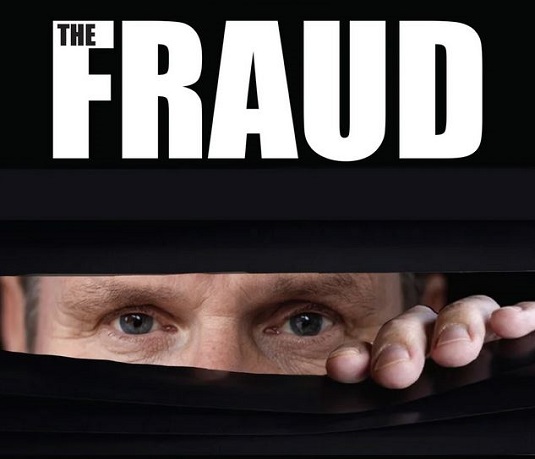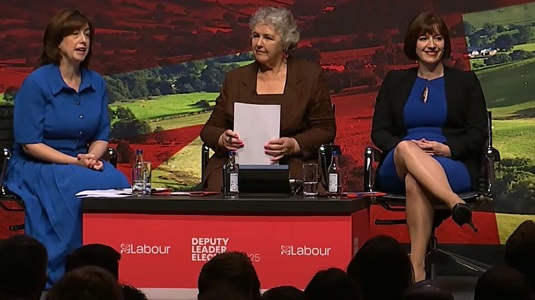
Even by the dull standards of the form, Labour's deputy leadership contest has been a doze fest. The pair of interviews Bridget Phillipson and Lucy Powell did for LabourList are recommended reading for insomniacs everywhere. But this suits the Labour leadership just fine. Having suffered a very bumpy September, the last thing Keir Starmer needed was one current and one very recent cabinet member firing up the Big Berthas and pounding each other's positions. Seeing as it's a proxy skirmish between the beleaguered Starmerist camp and the approaching columns of Andy Burnham.
As with most things that have gone wrong with this Labour government, the leadership only has itself to blame. Starmer and/or his genius henchman have created the dynamic where Burnham is unsubtly presenting himself as Labour's saviour, and Powell's campaign is the vehicle for his rise. In the aftermath of the Angela Rayner debacle, the Prime Minister didn't have to purge the cabinet of everyone else with links to Burnham's manse, but he did anyway leaving the top of government unusually politically narrow. Sect-like, some might say. And because the new "radical realist" soft left faction Mainstream was launching a couple of days later, Powell's campaign could not have asked for a better start. Not that it needed this boost. As polling has demonstrated, Powell's lead over Phillipson has widened since the starting gun fired. Though Phillipson's people point to her trade union nominations, pretending this indicates some sort of grass roots enthusiasm rather than a few officials here and there engineering a helpful favour.
Substantively, there isn't much between the two campaigns. Phillipson's talks up her coming from a "tough" street, because nice places never exist on council estates. There's her bringing in the breakfast clubs, which as we have seen is now Labour's signature policy achievement since coming to office. Other parts of her record, such as overseeing the loss of 15,000 jobs in higher education without any expression of regret, let alone a plan for fixing the sector don't get a mention. In her LabourList interview, she talks about the "truth telling" and "members' voice" she would bring to cabinet. How she's independent-minded, and has copped hostile briefings because of it. Phillipson goes on to say you can't out-Reform Reform, and that causing division in our communities is anti-British, and that the flag is "our flag too". A few prompts on ChatGPT could have written a more attractive pitch, it's a miracle that 26% of members polled are planning to vote for her.
Not that Powell's pitch is tonally different. But what she does say, as per her LabourList interview, is that Labour has lost its way, it's flat-footed when it comes to politics, and its managerialism is alienating. Reorienting the party, for her, means being outside of cabinet. Rather than insisting on Rayner's old position, she appears to be doing Starmer a favour by not undoing her sacking. She would deliver "difficult messages" from the members publicly, and seek to galvanise the party. She promises "Lucy listens" fora up and down the country to connect the bottom of the party with the top. On her relationship to factional argy-bargy and this being a Starmer/Burnham proxy, "I always think it is pretty sexist. We’re two strong women standing in an open contest. I am completely motivated by my own agenda here." Any alignments with wider party struggles are therefore entirely accidental. As would be the case if Powell uses her mandate to push for party changes in ways uncongenial to the right wing blob of McSweeney and co.
And this is why Powell will win. Despite the rubbish Labour MPs tell themselves, the members are much closer to the public sociologically and politically speaking than they are. Members not only face the same every day pressures, they are also on the sharp end of Labour's policies. Any candidate reflecting their disquiet and dissatisfaction, that causes Starmer some discomfort from the left (albeit the softest left), who might get the leadership to think about the crisis in Labour's support, and perhaps try a strategy that doesn't imitate Reform was bound to attract most votes. It's also a shot across Starmer's boughs. Powell is the most Milquetoast of messengers of discontent this Labour Party could muster, but if the government carries on as it does and next May's results are as catastrophic as the current run of council by-elections, the MPs and trade union leaders that come for Starmer and his cabinet of nodding donkeys won't be so polite.
Image Credit

